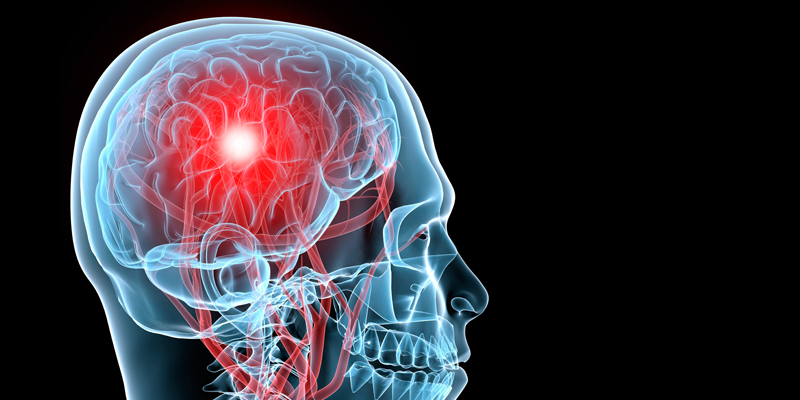Speech Disorders
- Aphasia: An adult language disorder resulting in difficulty remembering words and/or being completely unable to speak, read, or write. Aphasia disorders usually develop quickly as a result of head injury or stroke, but can develop slowly from a brain tumor, infection, or dementia. Some symptoms include the inabilities to understand language, comprehend, follow directions, name objects, identify objects, form words, ask/answer questions, engage in communication, read, and write.
- Cognitive-Communication Disorders: – problems with memory, reasoning, problem-solving, attention/concentration, speed of thinking, planning, and self monitoring.
- Swallowing Disorders: problems chewing or swallowing that can lead to dehydration, malnutrition. Some symptoms may include poor ability to chew food, coughing or throat clearing when attempting to swallow, needing several swallows to clear food, a sensation of food being stuck in the throat or chest and in some cases recurrent chest infections.
Signs of a Speech/Language disorder
- Struggles to say sounds or words
- Speaks in short, fragmented phrases (expressive aphasia)
- Says words in the wrong order (expressive aphasia)
- Struggles with using words and understanding others (global aphasia)
- Difficulty imitating speech sounds (apraxia)
- Inconsistent errors (apraxia)
- Slow rate of speech (apraxia)
- Slurred speech (dysarthria)
- Slow or rapid rate of speech, often with a mumbling quality (dysarthria)
- Coughing when eating/drinking
- Difficulty adjusting to hearing loss (aural rehabilitation)



